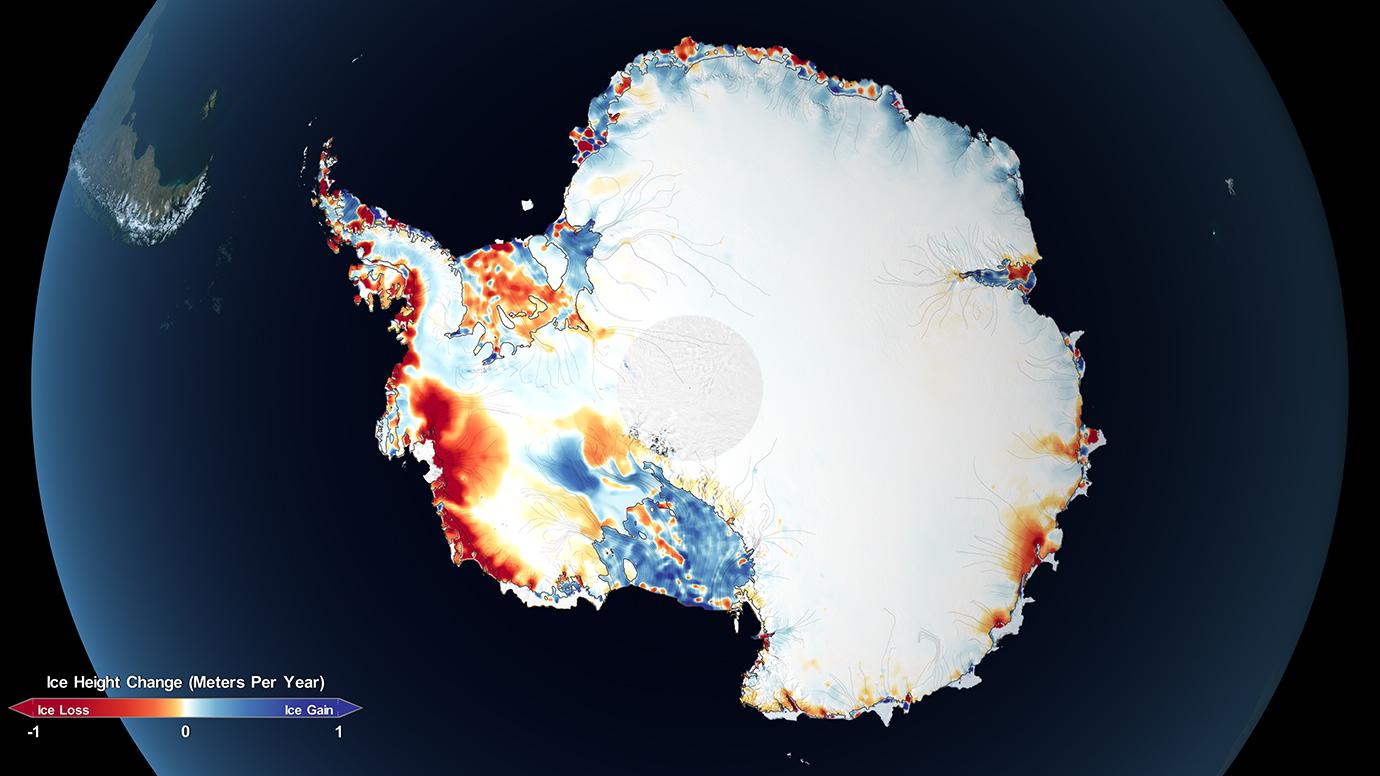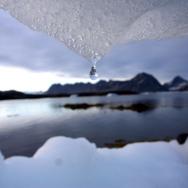Economists frequently try to estimate the societal cost of releasing carbon dioxide into the atmosphere, but few of their projections go beyond the year 2100—far short of the millennia it takes for the climate changes from burning carbon to ultimately subside.
Two geoscientists and a philosopher from the University of Chicago wanted to take a much longer view on the matter. Their new estimate for an “ultimate cost of carbon” to humanity, published in the journal Climactic Change, came out closer to $100,000 per ton of carbon—a thousand times higher than the $100 or less routinely calculated for the cost to our generation.

“What we wanted to get with this calculation is a better sense of the burden we’re placing on future generations,” said Prof. David Archer, a computational climate scientist and author of several well-known books and online classes on climate change. “This is not intended to be a realistic calculation of the present-day value of costs, but it’s our attempt to try to put the huge time scales into more understandable units.
“Most people are not geologists, and even for us it’s really hard to wrap your mind around how long the changes we’re making now are actually going to last.”
The economic “social cost of carbon,” pioneered by UChicago Prof. Michael Greenstone, is a number that is intended to represent the value of all future damages to our generation in today’s dollars. It calculates the difference between realistic projections of the economy with and without climate change, which typically comes out to $100 or less per ton.
However, embedded into this calculation is a basic economic principle called the discount rate. Assuming the economy will continually grow means that costs that will come due more than a hundred or so years into the future don’t matter much to us today.
But Archer—along with Asst. Prof. Edwin Kite and former UChicago postdoctoral philosopher Greg Lusk, now at Michigan State University—wanted to come up with an alternative that described a geologist’s longer view. Because the climate change due to burning carbon will last hundreds of thousands of years, they felt that calculations of present-day costs left out a crucial dimension of climate change.
For example, their calculations factor in the full extent of sea level rise. Experts agree that by the year 2100, sea levels will rise at least a foot worldwide even if we stop emitting carbon now. But by a geologist’s standards, that is only a short-term scenario. “Ice sheets take a very, very long time to settle into equilibrium,” Archer said, “so the changes we’re seeing now won’t fully be realized for thousands of years, and it could ultimately rise 160 feet.”
They built a model that projected the effects of climate change for hundreds of thousands of years. In that time, sea levels rise as ice sheets melt, sea level rises, and storms and droughts get more intense. “If you lose 10% of your capacity to grow food, in our model, you lose 10% of your population and economy,” Archer said.

Without the discount rate to squelch the costs in the distant future, the cost of carbon that we burn today explodes, ranging from $10,000 to $750,000 per ton based on details of the geophysical and economic scenarios. They found a central value of about $100,000 per ton—a startling number.
“The ultimate costs are a thousand times higher than the more normally calculated present-day value of those costs because climate change will persist for a thousand times longer than our generation will,” Archer said.
The authors stressed that the model is not intended to be an exact measurement, but to help people visualize the future. “Because it’s impossible to reliably predict the long-term future of humanity, we had to make unrealistic simplifying assumptions, such as humanity living in steady state with a carrying capacity of the planet with no change in technology,” Archer explained. The costs are also added up assuming no economic growth from today’s world.
People have seen other environmental issues fixed or recovered during their lifetimes, so they may not fully understand that the long-term commitment of climate change is different. The ozone layer, for instance, is steadily healing itself after we stopped using chlorofluorocarbons in the 1990s.
“The messes that don’t clean themselves up when we stop polluting—those are the things that scare me,” Archer said. “Like mercury pollution, which will continue poisoning our sushi for 10,000 years, climate change is going to be with us for much longer than any of us can easily imagine.”
Citation: “The ultimate cost of carbon.” Archer, Kite and Lusk, Climactic Change, July 15, 2020. DOI: 10.1007/s10584-020-02785-4









